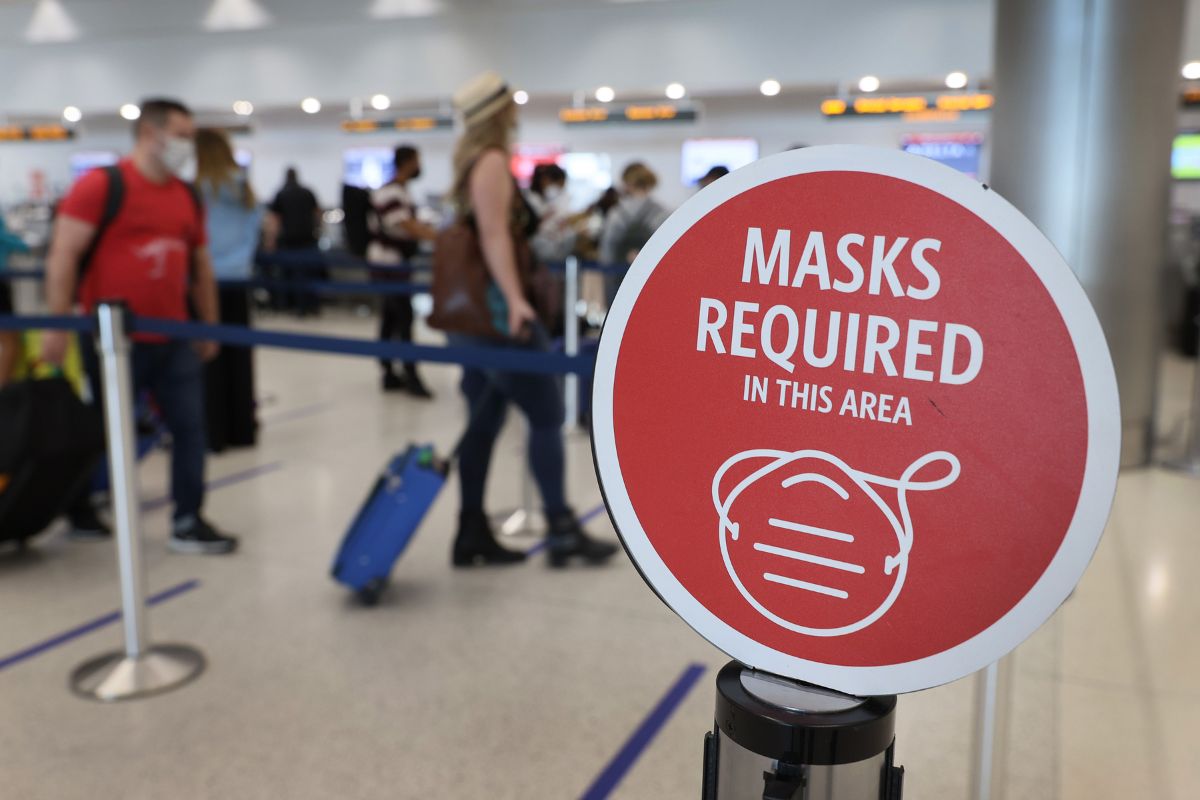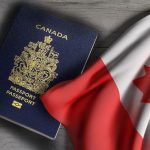In response to a recent surge in COVID-19 cases, various Southeast Asian countries including Singapore, Malaysia and Indonesia have reinstated restrictions and mandated face masks.
Singapore, in particular, has implemented stringent measures at airports, making face masks mandatory for international travellers and locals alike. As part of these measures, temperature scanners have been deployed at airports to enhance screening procedures.
Curbing the Spread of Respiratory Pathogens
The primary goal of these measures is to slow down the spread of various germs, including COVID-19 variants, flu, pneumonia, and other respiratory pathogens. This proactive approach is aimed at preventing stress on the healthcare system in these countries.
Singapore
Face masks back at airports: International travellers and locals must wear masks at airports again. Thermal scanners are being reintroduced to detect potential infections.
A variant of Interest: JN.1, a sublineage of BA.2.86, accounts for over 60% of new cases. While not deemed more transmissible or severe by WHO, it warrants close monitoring.
Reasons for the surge: Waning immunity, increased travel, and festive season gatherings are cited as possible contributing factors.
Indonesia
Travel caution: The health ministry urges citizens to avoid areas with high caseloads and prioritize vaccination, mask-wearing, and hygiene practices.
Thermal scanners return: Border checkpoints, including Batam Ferry terminal and Jakarta Airport, are redeploying thermal scanners for enhanced screening.
Public apprehension: Memories of prolonged lockdowns during the pandemic fuel public anxiety about potential stricter measures.
Malaysia
Cases doubling: Weekly infections nearly doubled from 3,626 to 6,796, raising concerns but not yet burdening the healthcare system.
Official stance: Authorities maintain the situation is under control and not a cause for immediate alarm.
Underlying Concerns
JN.1’s potential: The CDC’s observation that JN.1 might be more transmissible or immune-evasive than initially thought adds a layer of uncertainty.
Misinformation concerns: Singapore’s Deputy PM had to address rumours of a looming “circuit breaker” lockdown, highlighting the need for accurate information dissemination.
Overall, Southeast Asian countries are taking decisive steps to contain the COVID-19 resurgence. While the situation is evolving, their swift and coordinated actions offer a glimmer of hope in mitigating the potential impact on public health and economic stability.
Follow and connect with us on Facebook, Twitter, LinkedIn, Instagram and Google News for the latest travel news and updates!





